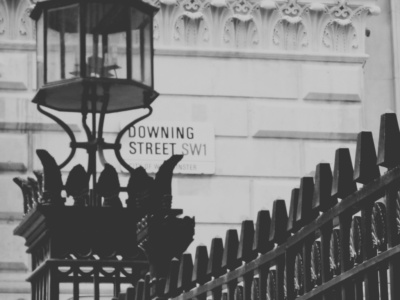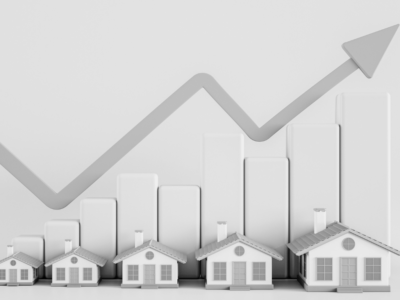Sharp-eyed readers may have spotted a report in The Times a few days ago which suggested that, not only has the housing market come back to life since lockdown measures were eased, but that it is positively booming. Quoting Zoopla data, it said that sales were up by 137% since the market re-opened on May 13, and 54% up on pre-lockdown levels.
It was backed up with analysis from TwentyCi, a market statistics firm, which said that 24,341 homes were sold subject to contract in the first week of June, up from 22,880 a year earlier.
So what is going on? Having written here last month of a “V-shaped” housing market recovery as the lockdown eases, I am not going to knock it too much. Of course, 137% of not very much, may still not be very much. But Zoopla’s analysis shows clearly the lockdown effect at work.
When the market re-opened in May, there was an immediate surge in pent-up demand, and it was strongest in Portsmouth, Southampton and Newcastle. There was also a strong increase in demand in some rural areas. This may have been a working from home effect, or people deciding that rural areas are safer than cities when there is a nasty virus around.
The Zoopla figures also show that in parts of the country where property lockdowns remained in place, notably Wales and Scotland, activity remained very weak. That is no surprise.
A more nuanced view of the market was provided by the latest RICS (Royal Institution of Chartered Surveyors) residential market survey. It found that “unsurprisingly” saw a revival in activity and sales prospects. The net balance for new buyer enquiries jumped from -94% in April, when the market went into deep freeze, to -5% in May.
According to Simon Rubinsohn, chief economist at the RICS: “Following the reopening of the housing market in England, pre-Covid sales that were in the pipeline are now largely going through. This is encouraging but it remains to be seen how sustained this improvement will prove..”
That is the question. Official figures on June 12 revealed that the economy contracted by more than 20% in April and a combined 25% in March and April together. The economy, like the housing market, should have recovered some of its losses in May and this month, but a fall like that will inevitably leave a hangover, particularly in the job market.
Currently, 11.5 million people are being supported by government schemes, mainly the furloughing scheme, which encompasses nearly 9m people. Some, possibly a high proportion, will find that they do not have jobs at the end of the scheme in coming months.
Bellway, the housebuilder, struck a downbeat note, saying that reservations since the lockdown was first imposed were down by 69% on a year earlier, and it was cautious about the prospects of a return to normality. Most of the work on its sites was on houses that were nearing completion, it said. Other housebuilders, it should be said, have been a little bit more optimistic, but the sector is relying on a swift recovery in consumer confidence, which may be tempered by the prospect of a rise in unemployment and the consequent loss of job security.
As Rubinsohn of RICS puts it: “Much will inevitably depend on the macro environment and, in particular, the resilience of the jobs market as the furlough scheme unwinds. For the time being respondents to the survey see the trend in transactions being broadly flat.”
That, in the circumstances, might not be a terrible outcome. The housing market is not as good as some of the immediate post-lockdown readings suggest, but it is not as bad as it could have been given the extent of the shock to the economy.






















Comments